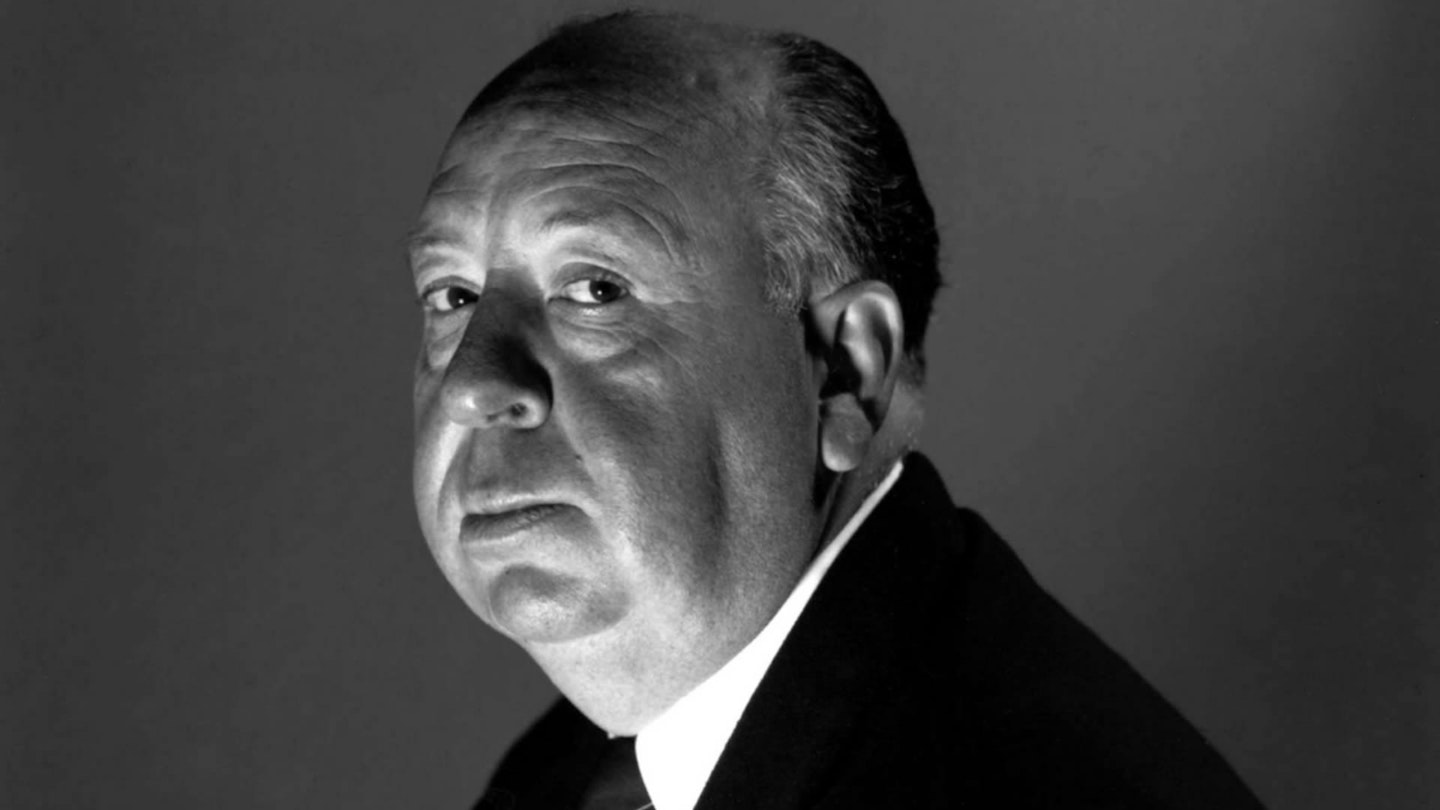Fifty years on Alfred Hitchcock remains the most famous, most recognisable film director in the world. Even Steven Spielberg hasnt got an official theme tune (Hitchs is Gounods Funeral March Of A Marionette) or a signature silhouette. No-one will ever commission a TV show called Brett Ratner Presents. Hitchcock deliberately became a walking caricature of himself, without abandoning the artistry and genius that made him famous in the first place.
Rebecca, Hitchcocks first American movie, had won the Best Picture Oscar, though he had to sit in the auditorium and watch producer David O. Selznick grab the statuette (the Academy never would honour him as Best Director). Selznick was famous his name was all over the credits in bigger type than anyone elses and Hitch was known only to insiders who spotted his playful cameo appearances.
All that changed when the Leytonstone-born director went on TV in 1955. In the early days of the medium, more than one semi-faded Hollywood name (Dick Powell, Ronald Reagan) turned things around by doing on-camera introductions for anthology shows. However, Hitch saw the gig not as a way of picking up change, but as an opportunity to shape and promote his public image and, power being the real currency in the film industry, get him the clout to have experimental masterpieces like Vertigo and Psycho greenlit.
In modern terms, Alfred Hitchcock Presents turned the roly-poly auteur into a brand name. The franchise extended beyond the show, as Hitchs face popped up on a long-lasting run of books with titles like Stories That Scared Even Me and Stories They Wouldnt Let Me Do On TV (in one of the collections he nominally edited, he found Daphne du Mauriers The Birds). He directed only a handful of shows cherry-picking stand-outs like Breakdown, in which Joseph Cotten is thought dead in a car crash but we hear his panicked thoughts as he is taken from the wreck to the morgue but his personality is stamped on the whole run in the dry, sardonic, mordant introduction (unthinkably, he makes fun of the commercial breaks!) and the delicately nasty little tales (from authors like Ray Bradbury, Cornell Woolrich and Roald Dahl) used as source material.
The show managed a wide range of styles hardboiled, comic, historical, ghost story, society romance, even a Western or two but there was usually murder, often domestic, with the doer undone by an ironic fate. Stand-out first-season guest stars are Claude Rains as a mad ventriloquist, Vera Miles as an abused crazy, Phyllis Thaxter in a straight drama about alcoholism and Thelma Ritter as a babysitter who prides herself on being a possible witness to a crime which turns round and bites.
